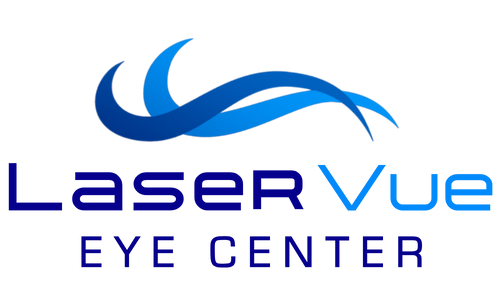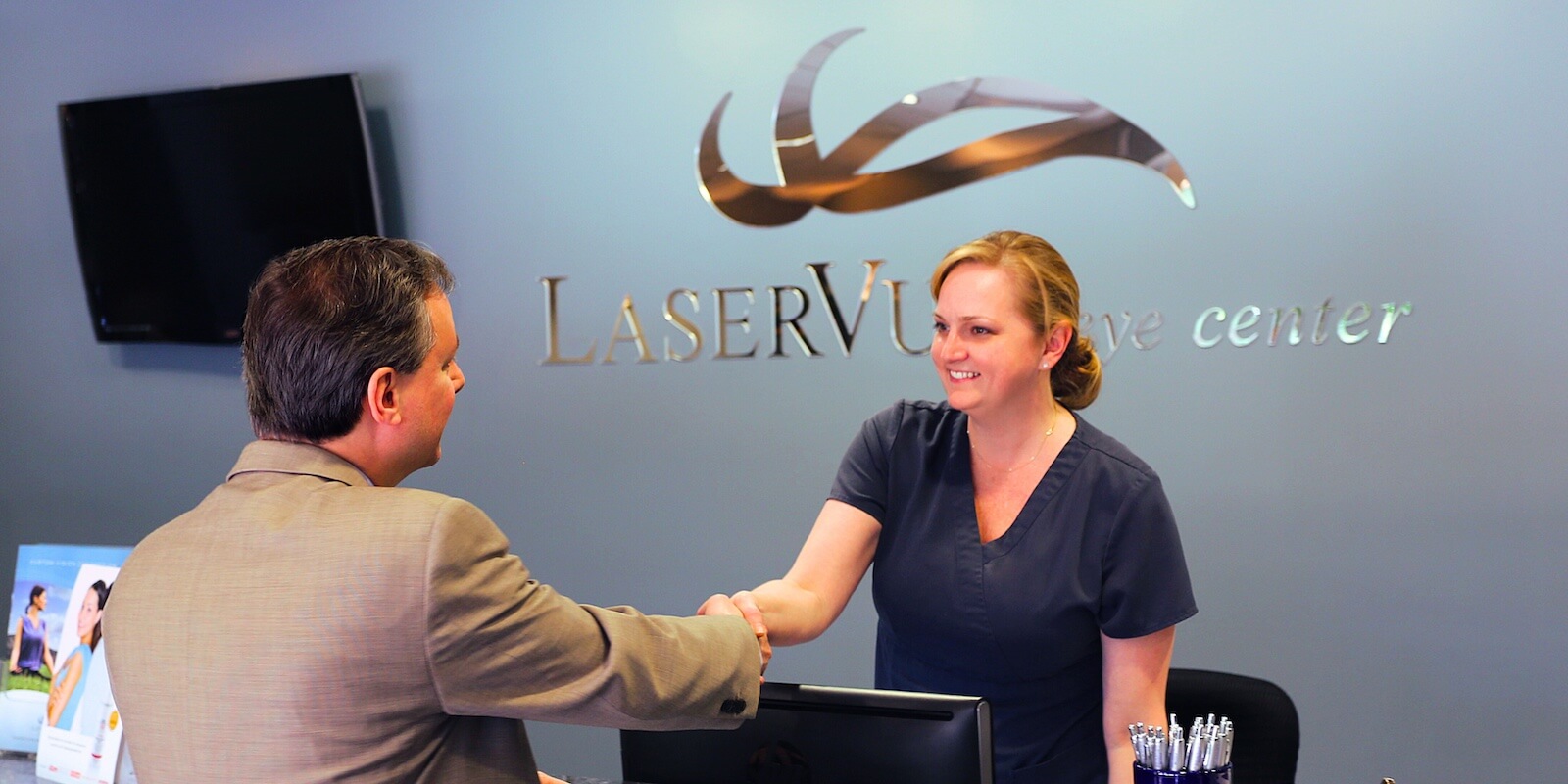Posted by: LaserVue LASIK & Cataract Center in Uncategorized

Q: I’ve been nearsighted for about 1-1/2 years, is Lasik a permanent cure?
A: Your question reveals some information that indicates Lasik may not be an option…yet.
You say you are “suffering from near-sightedness for about a year”. It is unusual for an adult to experience late onset myopia (nearsighted, shortsighted) vision. Natural myopia commonly first presents in early adolescence. In the US, the patient must commonly be over age 18 to have Lasik.
Another concern is that you have experienced myopia for only a year and a half. A patient must have a stable refractive error before Lasik. For most doctors that means two years without a change in prescription. If you myopia presented a year and a half ago, then your vision is not stable.
Lasik permanently changes the focus of the eye by reshaping the cornea, but the eye will continue to change after Lasik at the same rate it did before Lasik. The “permanence” of Lasik depends on how much your eye is naturally changing.
Lasik can resolve the symptoms of myopia (poor distance vision), but does not resolve the actual cause of myopia. Myopia is commonly caused by the eye being longer than normal, causing focus of the light entering the eye to be in front of the retina (light sensitive membrane at the back of the eye that changes light into nerve signals). Lasik does not change the length of the eye, but reshapes the cornea (clear front) of the eye to change the point of focus within the eye. This is important to remember because myopia (primarily high myopia) can lead to other issues such as retinal detachment. Even though you may no longer see after Lasik like you are myopic, your eye remains myopic.
Only a comprehensive examination from a competent Lasik doctor will be able to determine if you are a good candidate for Lasik and if Lasik is right for you.
If your myopia is very low, you may find success with Orthokeratology. This is a process of reshaping the cornea with specially fitted hard contact lenses. When the contacts are removed, the reshaped cornea remains for a few to several hours. Sometimes you can sleep in the specially fitted contacts and the vision change will last the whole day.
